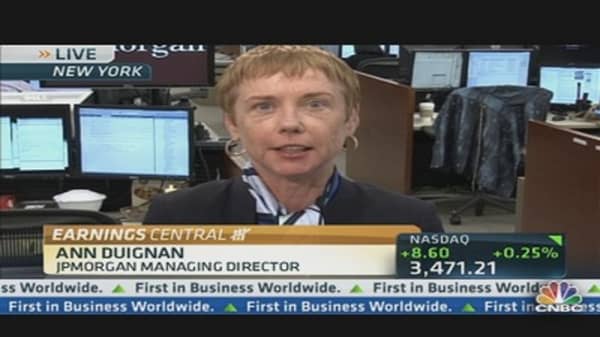Debt racked up by American farmers threatens to throw the agriculture industry out of its current economic boom and into a bust, according to a new study.
Released last month by the Federal Reserve Bank of Kansas City, the report warns that if farmers use their accumulated wealth instead of profits to finance their agricultural investments, they could end up in greater debt, risk bankruptcies and suffer the potential loss of their farms.
"The big concern is for 2014 and 2015, when commodity prices are expected to fall," said Nathan Kaufman, an economist at the Fed Bank in Kansas City and a co-author of the report.
"The Department of Agriculture has predicted a 25 percent drop in farm income in 2014, and if incomes levels for farmers fall, the tendency in the past has been for them to use their savings to keep buying equipment and land and putting themselves in bigger debt. That creates a financial crisis for them."
Adding to the worries is a possible bust in farmland prices, which have had three years of double-digit growth, said Kaufman. That's key because farmland accounts for 85 percent of a farmer's assets.
"Land prices are used as collateral for many farm loans, so if they fall, that could increase the amount of debt for farmers," Kaufman added.





